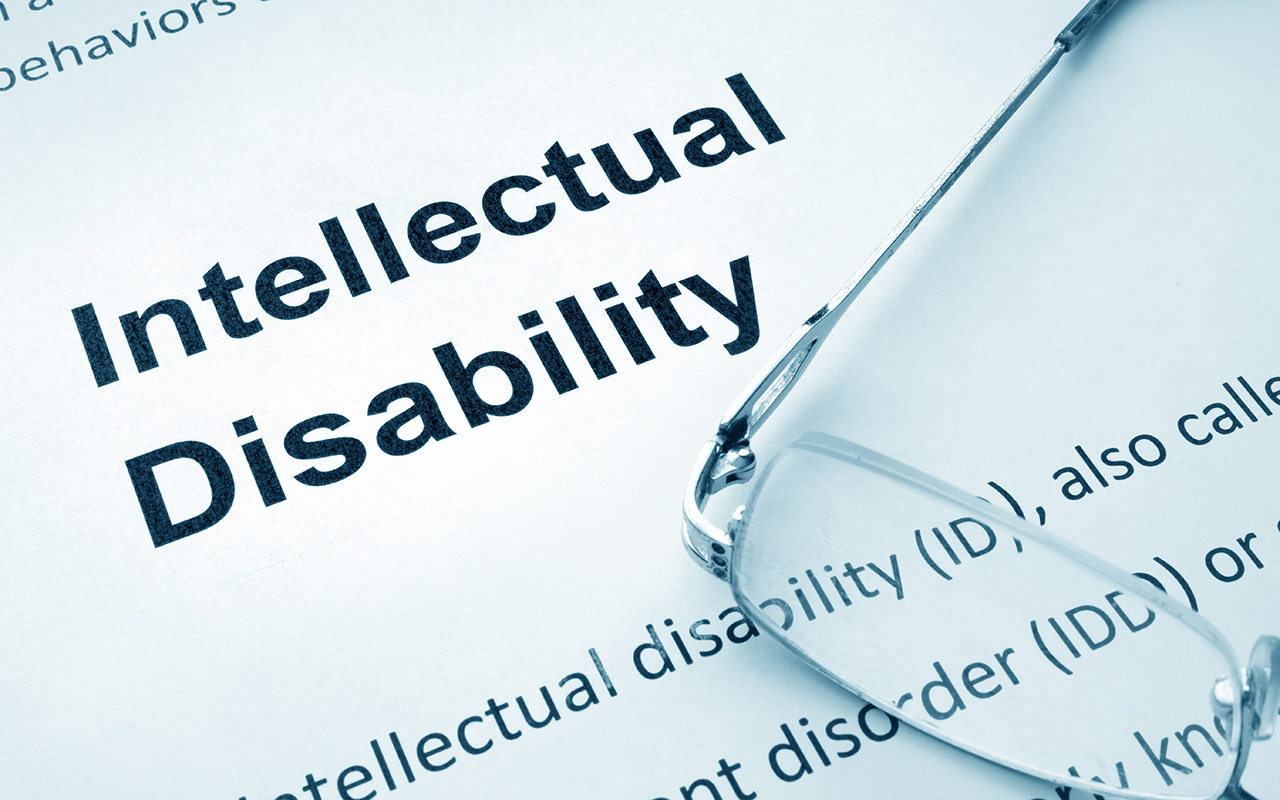AUSTRALIAN health services datasets do not routinely include disability identifiers, a gap which means the needs of people with intellectual disabilities are not prioritised when it comes to mental health policy, and public mental health service and workforce planning, say experts.
A retrospective cohort data linkage analysis, published by the MJA, found that although people with intellectual disability comprised 1.1% of the New South Wales population, they comprised 6.3% of people who used public mental health services; 12% of public mental health costs during 2014–15 were for people with intellectual disability.
“Compared with metropolitan local health districts (LHDs), overall public mental health service costs were lower for rural and regional LHDs and higher for specialty networks,” Professor Julian Trollor, Chair of Intellectual Disability Mental Health at UNSW Medicine and Health, and colleagues wrote.
“Per person costs for people with intellectual disability were higher than for those without intellectual disability. The estimated annual cost for people with intellectual disability is $30 418 per person, compared with $11 727 for people without intellectual disability.”
Identifiers for people with intellectual disability are not used in Australian health service systems, Trollor and colleagues wrote, meaning predictors of mental health service use by people with intellectual disability have been “relatively unexplored”.
“Knowing the predictors of mental health service use for people with intellectual disability in Australia could guide policy and service development,” Trollor and colleagues wrote.
“Further, the costs of mental health services for people with intellectual disability have not been investigated in detail.
“Knowing the drivers of service costs would allow development of targeted services for people with intellectual disability.”
Trollor and colleagues wrote that people with intellectual disability should be “explicitly considered” in mental health policy and public mental health service and workforce planning.
“This could be assisted by including disability identifiers in all administrative health datasets,” they wrote.
“Concerted action has not yet been undertaken at the national and state and territory levels.
“As prominently featured at the hearings of the Royal Commission into Violence, Abuse, Neglect and Exploitation of People with Disability, the deficient preparedness of health professionals and services is a systemic problem.
“Although some initiatives are promising — including the development of a national roadmap for the health of Australians with intellectual disability and improving service capacity in some states, including NSW — progress will be limited until people with intellectual disability are routinely considered by mental health policy and during services development and implementation,” Trollor and colleagues concluded.
Also online first at the MJA
Research: Drug-induced liver injury in Australia, 2009–2020: the increasing proportion of non-paracetamol cases linked with herbal and dietary supplements
Nash et al; doi: 10.5694/mja2.51173 … FREE ACCESS permanently.
Podcast: Professor Julie Leask is a social scientist and professor in the Susan Wakil School of Nursing and Midwifery, Faculty of Medicine and Health, at the University of Sydney. She talks about communication about vaccine safety in the context of the COVID-19 pandemic … FREE ACCESS permanently.
Podcast: Dr Jessica Orchard is a Postdoctoral Fellow at the Heart Foundation, and the Centenary Institute at the University of Sydney. She talks about sudden cardiac death in athletes, screening, and return to sport … FREE ACCESS permanently.

 more_vert
more_vert